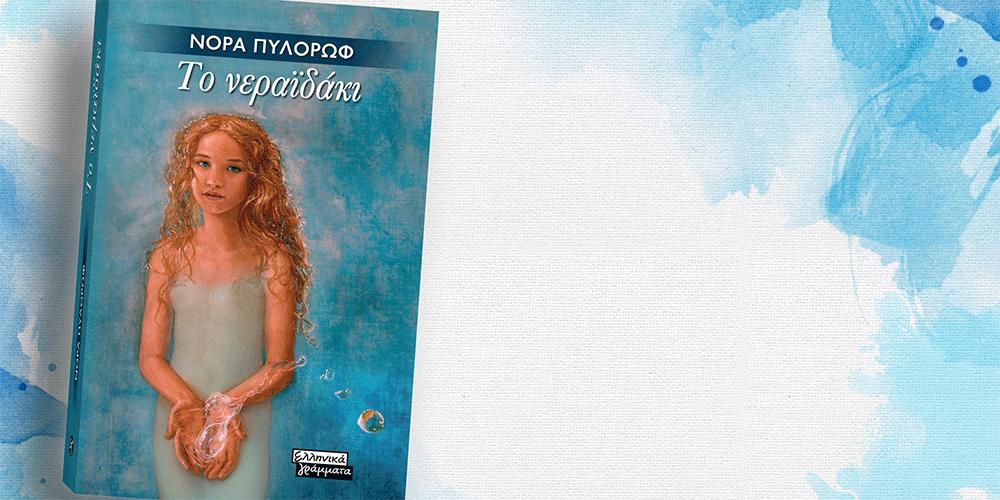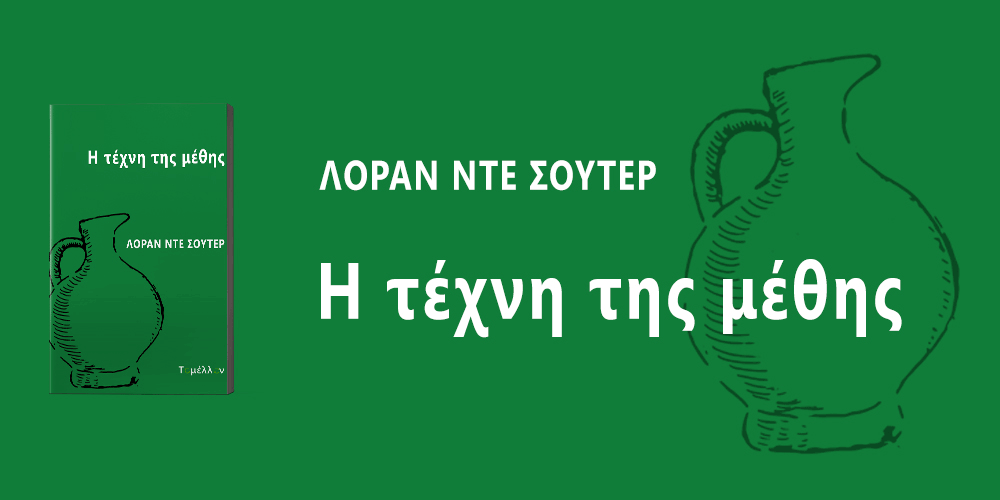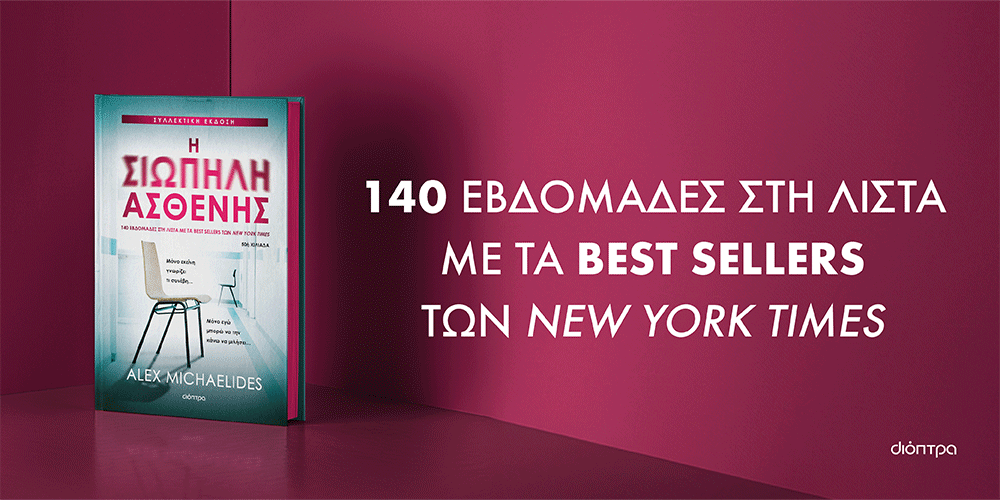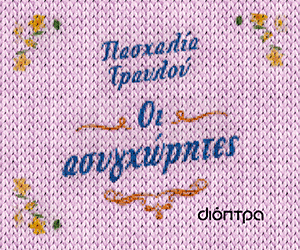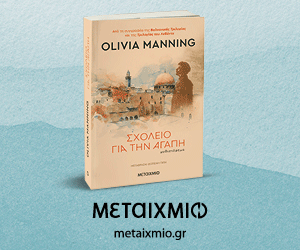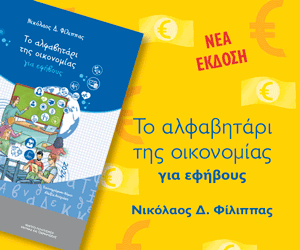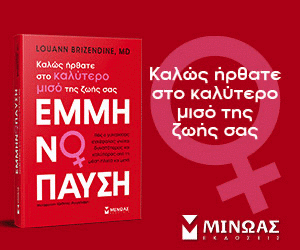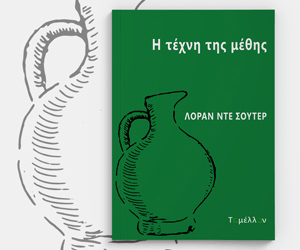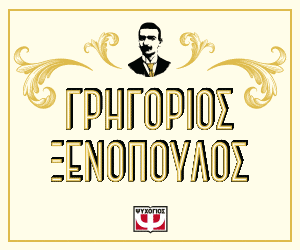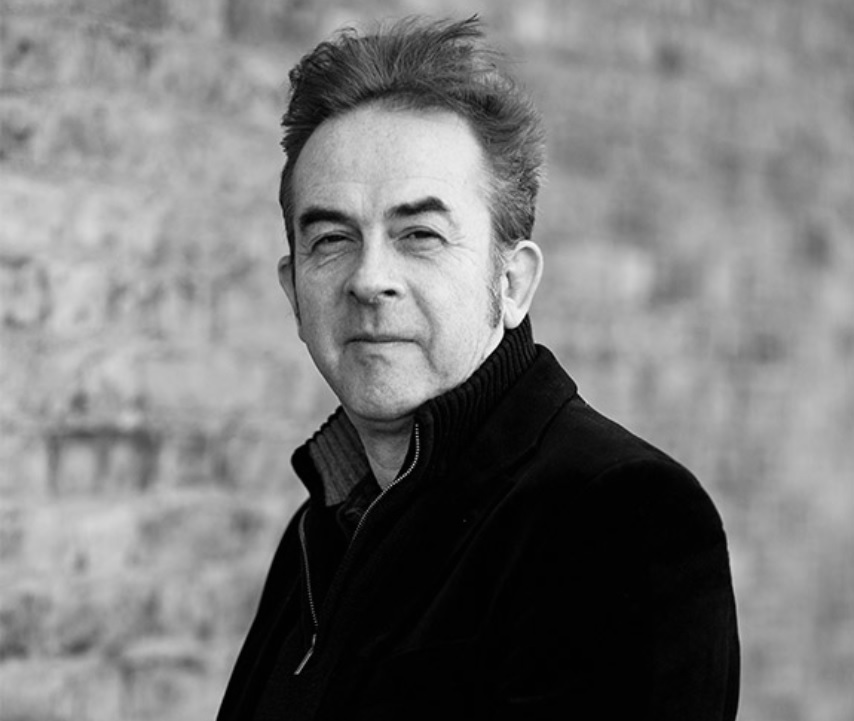
***Απαγορεύεται από το δίκαιο της Πνευμ. Ιδιοκτησίας η καθ΄οιονδήποτε τρόπο παράνομη χρήση/ιδιοποίηση του παρόντος, με βαρύτατες αστικές και ποινικές κυρώσεις για τον παραβάτη***


In July 2017, Kedros Publications released DAVID YOUNG’s first book entitled “Stasi child” which was awarded with The Dagger Prize of the The Crime Writers’ Association as the best historical novel. In the summer of 2019, the second book in the series entitled “Stazi wolf” was translated and last December Kedros Publications published for the Greek readership Young’s third book entitled “A Darker State or Stasi State”. Literature.gr had the opportunity to talk to him, in an interview that he willingly gave to us answering our questions about his books, writing, his relationship with Greece and his future plans.
David Young comes from Hull, England. He studied humanities at Bristol University. He has worked as a journalist for local newspapers, a London news agency and various other radio and television stations. He spends his time between his home in London and the writing shelter he recently acquired in Syros. His first novel, “Stasi child”, was awarded with The Dagger Prize by the The Crime Writers’ Association for The Best Historical Novel and was included on the bestseller lists in England for many weeks. “Stasi Wolf” and the “A Darker State or Stasi” followed, with Detective Karin Miller as the main character.
10th of March 2021, Virgina Avgerinou
You have been working as a journalist for many years. Do you think that the nature of your profession inspired you on writing crime fiction novels?
I don’t think it ‘inspired me’ as such. The inspiration was more reading a couple of novels I didn’t think were very good, and believing I might be able to do better (although I probably haven’t!). But certainly, being a journalist gives you some of the skills needed as a crime novelist: research skills, the ability to write quickly and meet deadlines, and – to some extent – the ability to tell a good story.
What is your opinion about the recognition and growth of crime fiction worldwide and what do you think about the future of this genre?
Crime is such a wide genre hopefully there is something, somewhere for everyone to enjoy. I personally think of myself as as much of a historical novelist as crime writer. In a sense, I use the genre to be able to tell fictional stories from historical worlds that interest me and in choosing novels to read myself I will tend to choose twentieth century historical fiction. There are sub-genres of crime fiction that, for me, hold little interest – particularly international thrillers set in the present day, which remind me too much of my old job as an international news journalist with the BBC.
How do you feel about the main characters of your books?
I suppose you do start to care about them after a while, in a weird way. The Karin Müller series in the UK has just come to an end – at least temporarily – after the sixth book, and I was surprised what a sense of loss I felt. Almost like a real bereavement. Fortunately, Greece is about three books behind the UK. So once Greece reaches book six, which has just been published in English, I may well have restarted the series.
Recently you’ve bought a house in the island of Syros. What brought you in this unique Greek island and how often do you visit it?
A few years ago (I think about 2015) we saw a tiny house on Antiparos we were interested in buying, but didn’t manage to get the deal over the line. So I started researching on the internet, saw that property in Syros was cheaper than the rest of the Cyclades and came for a visit and found the little house we now own. Syros is a relatively undiscovered gem for international travellers, and something with a sea view like that would probably cost four or five times as much in the UK. We try to visit as much as possible, and I enjoy writing there. Unfortunately, new post-Brexit arrangements will limit the time we can spend there unless the Greek government changes the rules – which we hope they will.
What does writing mean to you? Is writing a kind of freedom?
Working in a huge organisation like the BBC can be soul-destroying because of all the office politics. At times, it felt like working for the Stasi! So yes, I enjoy the freedom of working freelance – although you still have masters to obey, such as your agent and publisher.
Do you believe in the loneliness of the writer?
It can be a lonely life, but my ambition as a young boy was to be a hermit or sheep farmer – so I guess I was always heading that way. I often need to get away on my own to get novels completed – that way you can just concentrate on it totally. There are some writers who have gone back to office jobs because they cannot stand the loneliness. I can’t imagine that ever happening with me, but a week on my own is about my limit. After that, I’m delighted to get back to my family.
Do you follow astrict schedule when you write?
Absolutely not. I tend to write in ‘seasons’ or blocks. Some of the year I’ll be writing a book, some of the year researching and some of the year promoting. When I’m in a writing ‘block’, I have managed up to 10,000 words per day but I’ve decided that’s not good for my health. So now I set myself a 5,000 word per day maximum. That’s still quite a lot!
Do you believe that literature needs to create and protect a new, perhaps totally different humanism?
I’m not sure about that, and I wouldn’t necessarily view my books as high literature, anyway. They’re commercial novels. But if they have any purpose beyond entertaining, I like to think they will open people’s eyes to certain facets of history that they might be unaware of. For example, the next book in Greek, Stasi 77, has at its heart a real-life, but little-known, Nazi massacre. Several British readers have been inspired to actually visit the memorial in a small, out-of-the-way town in Germany as a result of reading my novel. That’s very humbling and creates a shared experience. I was very moved when researching the massacre and I’m delighted it’s prompted some of my readers to visit and pay their respects to the dead.
What are your future literary plans?
I’m writing a World War Two historical crime thriller set in the city of my birth, Hull in north-east England (I still support the local football team, Hull City) – the most heavily bombed city outside London. Amongst the themes it explores are the way the UK allowed American justice to operate with impunity on British soil, which led to several miscarriages of justice against black troops. A television documentary was commissioned about fifteen years ago, and then allegedly supressed – apparently for fear of upsetting the United States. So it might be a little controversial! Another longer-term project is a WW2 thriller/love story set on Syros. I hope it will see the light of day one day.
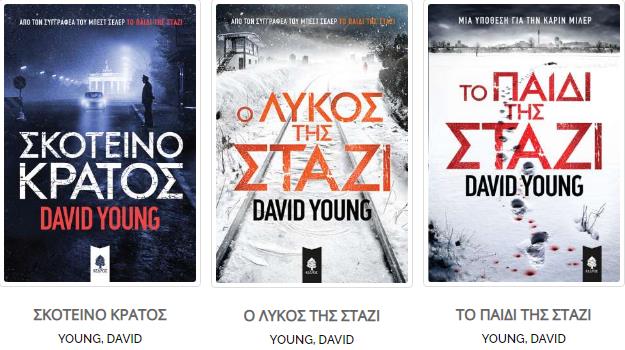

Ακολουθήστε τo Literature.gr στο Google News και μάθετε πρώτοι όλα τα νέα για τον πολιτισμό και την επικαιρότητα από την Ελλάδα και τον Κόσμο.





